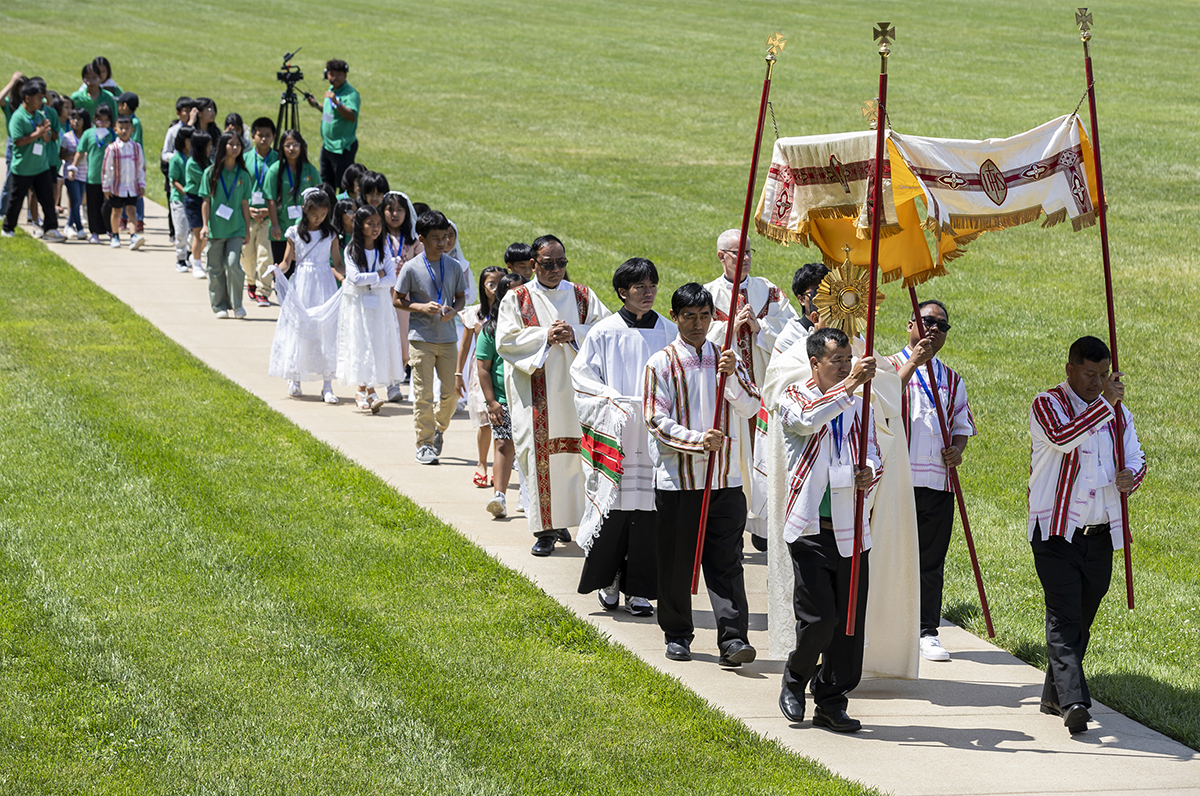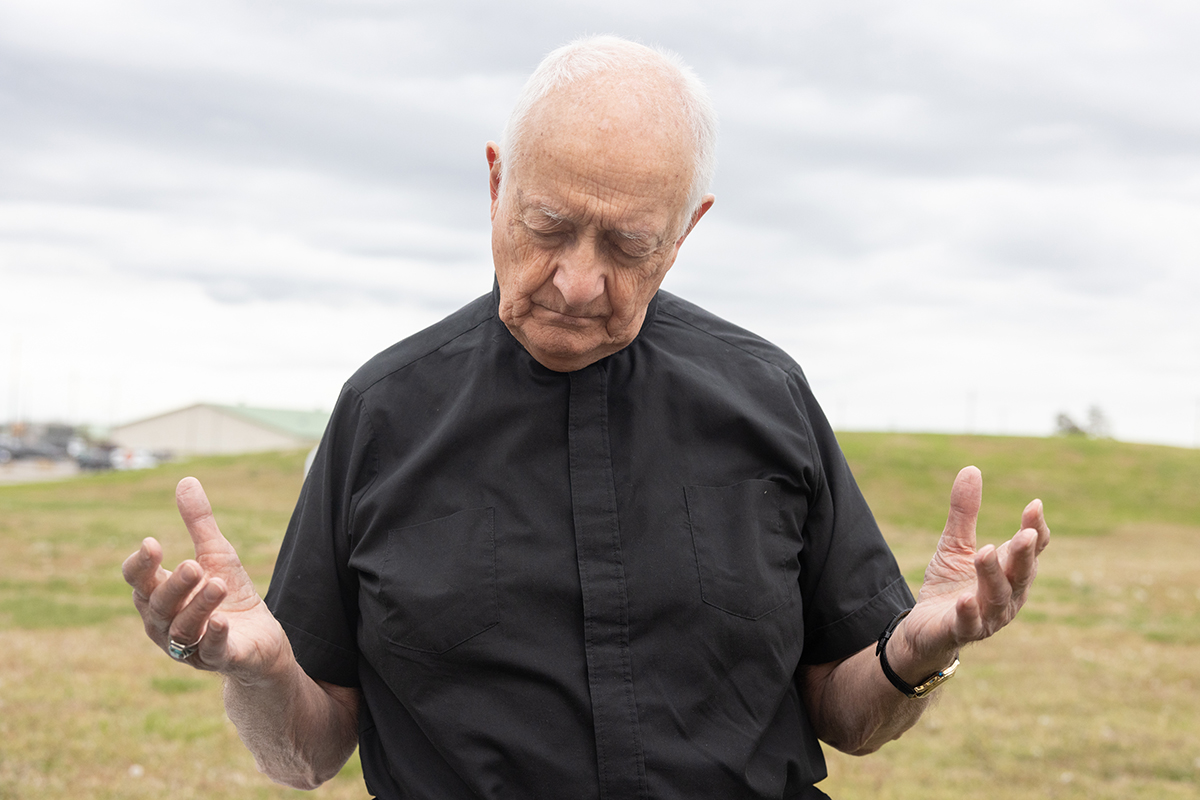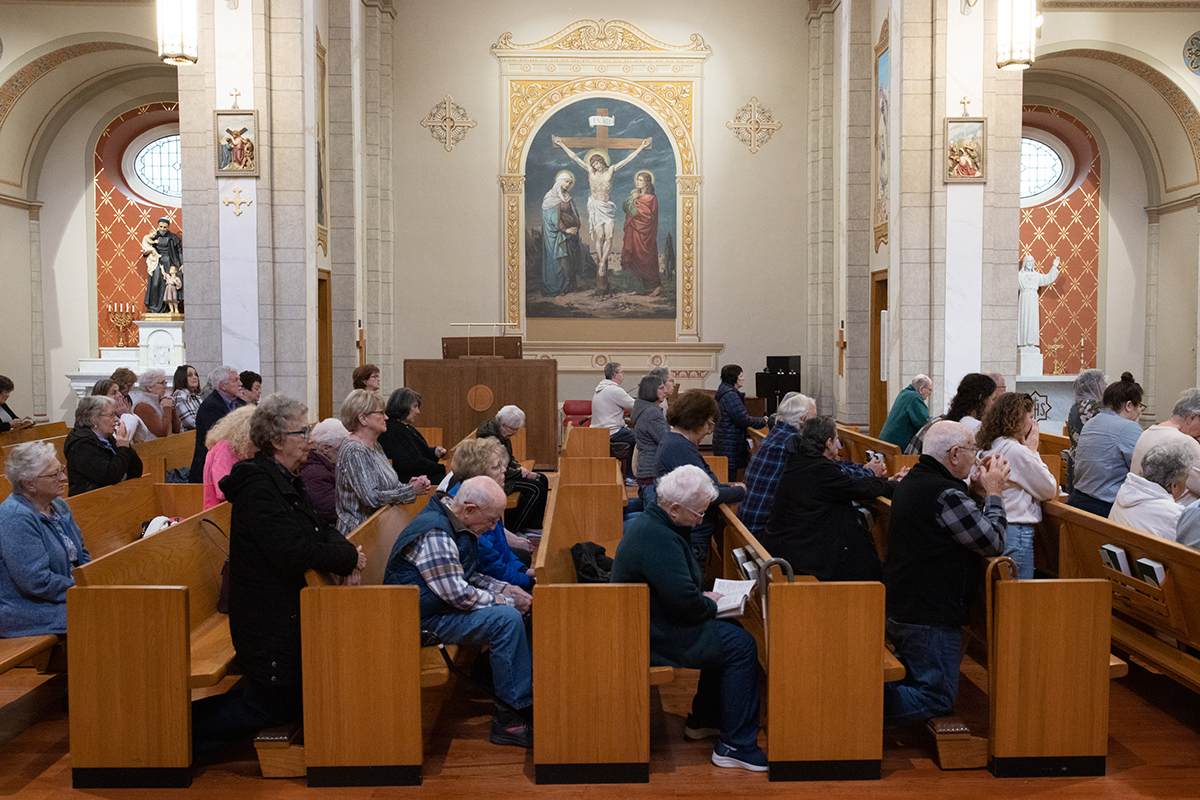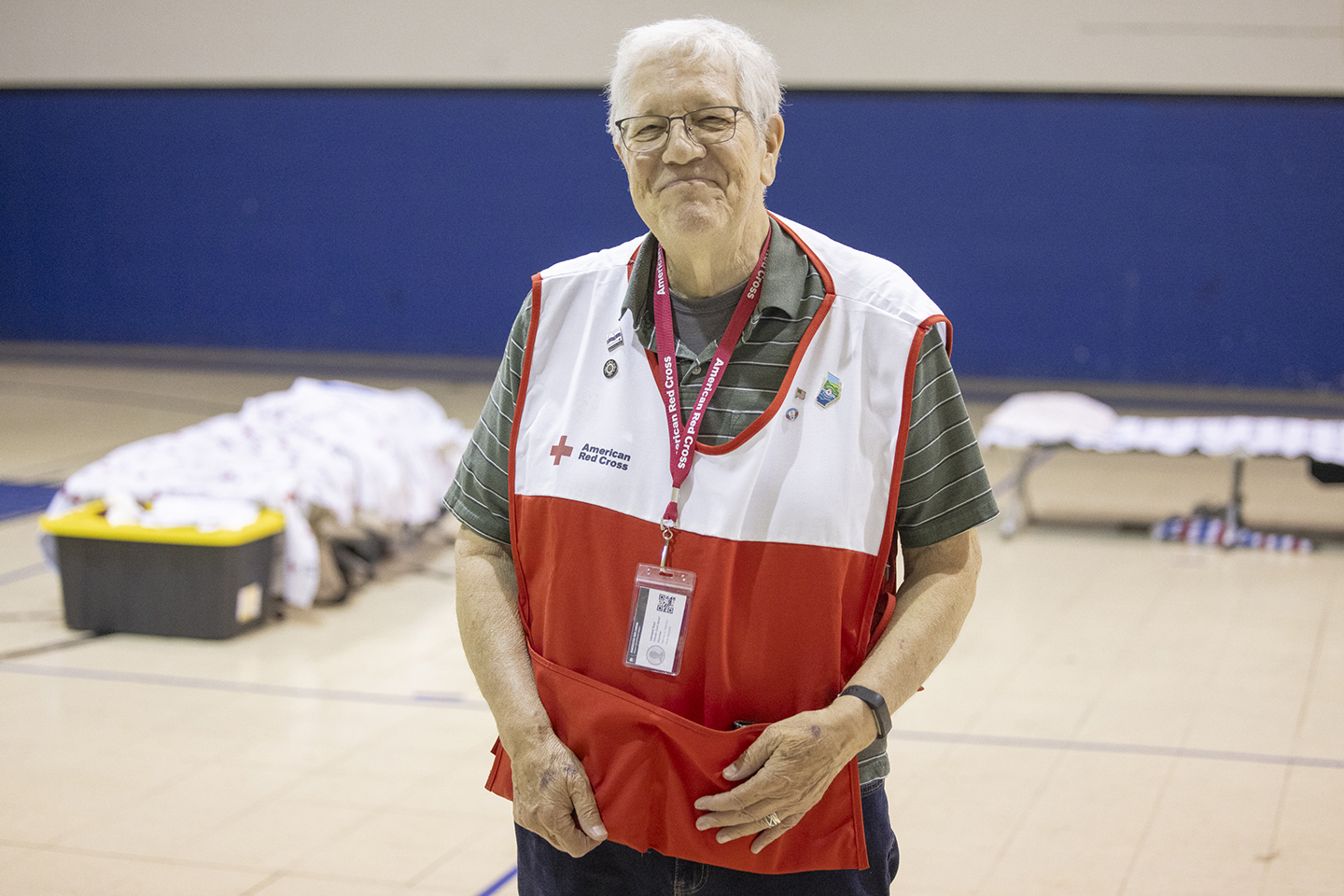‘Mercy for Darrell Mease’
With these simple words, a future saint asked a governor for clemency for a death-row inmate
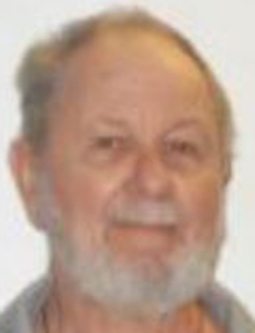
In 20 years since Pope John Paul II’s papal visit to St. Louis, the quote from his visit here — “If you want peace, work for justice” — has appeared on bumper stickers, signs, T-shirts and more.
But that reiteration of Pope Paul VI’s quote in 1972 was only the beginning of Pope John Paul II’s message, which concluded the homily in the Liturgy of Vespers at the Cathedral Basilica of Saint Louis on Jan. 27, 1999: “So, America: If you want peace, work for justice. If you want justice, defend life. If you want life, embrace the truth — the truth revealed by God.”
A few minutes later, the pope practiced what he had just preached, defending the life of a man on Missouri’s death row. Processing out of the cathedral, the pope briefly stopped and spoke with Missouri Gov. Mel Carnahan and personally appealed for the governor to commute the death sentence of Darrell Mease, whose execution had been delayed so as not to coincide with the pontiff’s visit to St. Louis.
The execution had been scheduled for that day, the second and final day of the pope’s brief visit here, but was rescheduled for Feb. 10 with no explanation.
Then-Archbishop Justin F. Rigali, the archbishop of St. Louis, called the timing, simply, “extraordinary.”
“At the same time the pope was interceding for a life, he was telling the world, ‘if you want life, embrace the truth — the truth revealed by God,’” Cardinal Rigali marveled. “It was divine providence.”
Bishop Richard Stika agreed. Now the shepherd of the Diocese of Knoxville, Tenn., and then a monsignor in the Archdiocese of St. Louis, Bishop Stika had been entrusted by the archbishop with organizing the entirety of the pope’s stay. He thought every “t” had been crossed and every “i” dotted for the papal visit … until, at the behest of the pope, Cardinal Angelo Sodano, the Secretary of State of the Holy See, made an urgent request of him early on the morning of Jan. 27.
“We were probably 20 minutes from getting into the motorcade to the Mass (at the Trans World Dome), and Cardinal Sodano asked if I could arrange to have the governor meet with him with after lunch that day,” Bishop Stika said. “I thought, ‘How am I going to make all these contacts?’”
But make them, he would.
“I didn’t want to tell the cardinal, the secretary of state, that I didn’t think it was possible,” he said, with a laugh, adding that, “It all came together pretty quickly.”
Extending the invitation was easy enough; Gov. Carnahan was attending the Mass and sitting among politicians from around the country and state. He accepted, went to the archbishop’s residence as requested and spoke with Cardinal Sodano and Archbishop Rigali.
Then, after vespers in late afternoon, Pope John Paul II made his personal appeal, moments after his message of peace and justice, life and truth. En route to the front door of the cathedral, he stopped at Carnahan, who was in the front pew on the right.
“That’s when the contact between the governor and the pope was made,” said Bishop Stika, who watched the drama unfold. “I remember the pope put his hand on the governors’ arm and he said something very simple, ‘mercy for Darrell Mease.’”
Though not official until the next morning, Carnahan’s decision to commute Mease’s death sentence to life in prison may been have made in that moment, as he told Archbishop Rigali and Msgr. Stika several months later in a dinner at the archbishop’s residence.
“He said he remembered seeing a photo of the pope speaking to the man who tried to assassinate him and forgiving him; that was all he could think of, the pope forgiving the man who tried to kill him.” Bishop Stika said. “In this case he wanted to honor pope’s request. … It was a pretty dramatic moment.”

